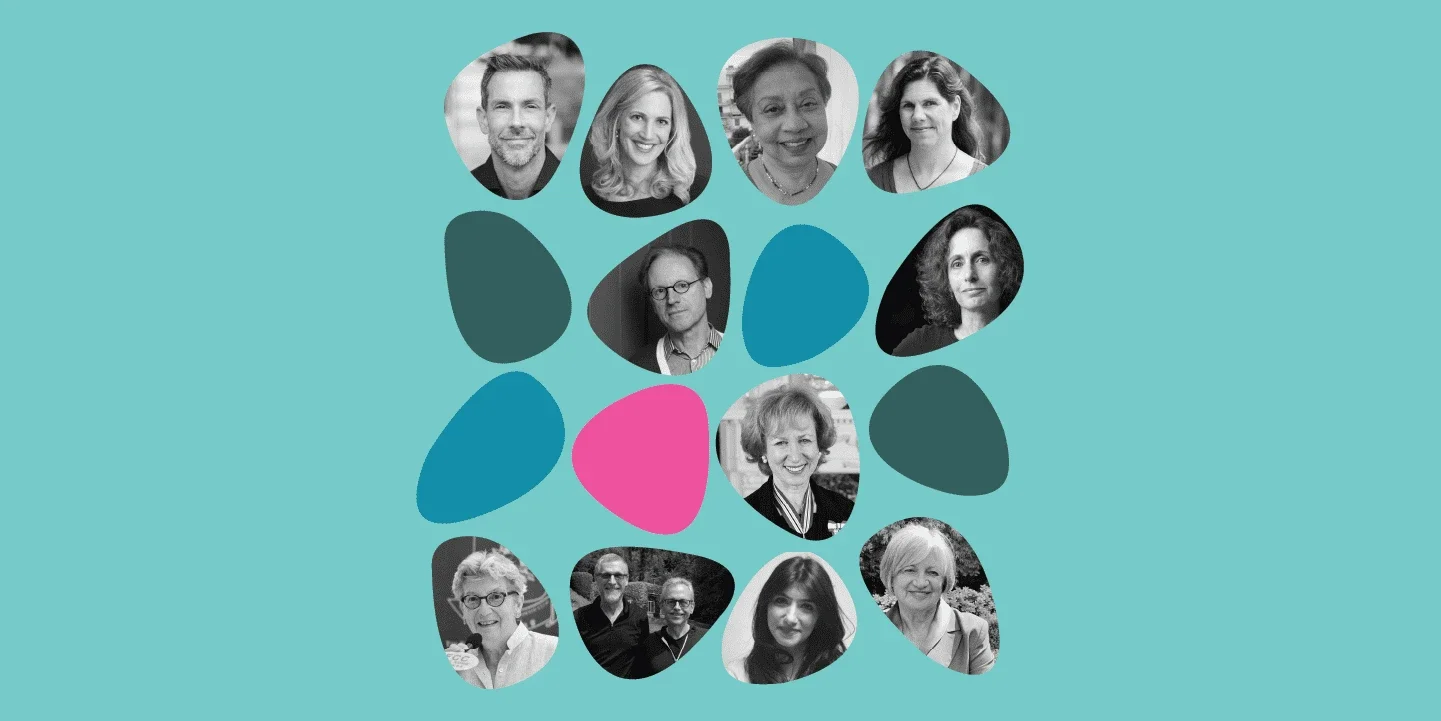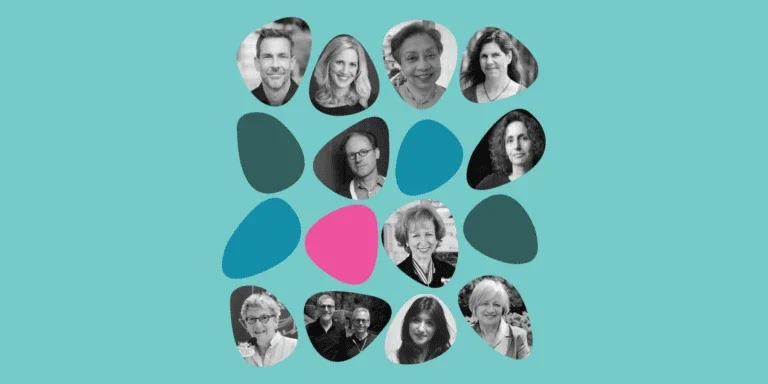Traditional economics says that equity is antithetical to prosperity but, in fact, equity is essential to prosperity.
What breakthroughs need to happen for us to both avoid the worst impacts of climate change and prepare communities to adapt to the new challenges that will arise?
Chris: We need transparency across the entire value chain. The European Union is leading efforts to codify a battery passport initiative which embeds batteries with a digital identifier that includes basic information on production conditions and material sources. It’s the right idea, as it factors in basic human rights, child labor issues, and environmental conditions. Consumer preference can help ensure these things are enforced, but it really takes government regulation to ensure proper labor and environmental conditions are imposed at every step along the value chain.
These global transparency initiatives also need more community input. One idea that came out of our Bellagio Center conversations is the need to build partnerships between community leaders in the Salton Sea region and those in Argentina and Chile who work in communities connected to lithium there.
A critical concept that we’ve learned from these organizers and activists is that there should be no “sacrifice zones.” Communities have been told that they just have to accept the environmental damage from fossil fuel extraction and other types of mining. That shouldn’t be acceptable to us as a global society. We need to move to a decarbonized EV future without creating new sacrifice zones, while also empowering people along the whole supply chain.
If you lead without hope, you’re not leading. But hope can’t be false optimism, it has to be based on what’s out there, what’s practical, and what you can do to change people’s lives.
What keeps you up at night about achieving these goals? What makes you optimistic?
Manuel: If you lead without hope, you’re not leading. But hope can’t be false optimism; it has to be based on what’s out there, what’s practical, and what you can do to change people’s lives. We’ve seen the community organizations based in both Imperial and Coachella Valleys – the communities around the Salton Sea – wrestle with giant corporations to win concessions, including a tax on lithium extraction, a health impact assessment, and funding for efforts to link environmental remediation and dust suppression with expanded community economic opportunities. What gives me hope is exactly what these folks are doing and what they’re contesting.
What worries me are the fossil fuel companies that don’t want to make the transition, the wealthy individuals and corporations that don’t want to prioritize equity, and the mainstream environmentalists who think that equity issues are secondary. This last group are so excited about lithium and EVs that they’re not always thinking about sacrifice zones, who will get the jobs, or about the contradiction in the fact that U.S. federal policy is encouraging EVs and yet most of the factories will be in climate denial states. What worries me is the naive excitement about saving the planet that doesn’t center the people who live on it and their working conditions.
Learn More: For more information, read Chris and Manuel’s new book Charging Forward, Lithium Valley, Electric Vehicles, and a Just Future or this article they wrote for the Conversation. To learn more about their documentary collaboration with fellow Bellagio Center resident Emiliano Nuesch, read this Bellagio Bulletin profile about how their Bellagio residency has advanced their work.

